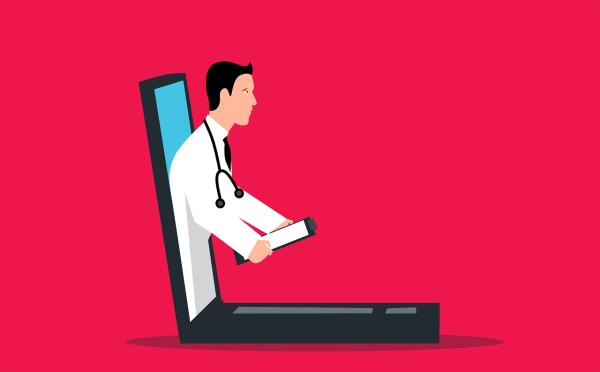I was thinking about how the thinkers and the doers came together in medicine’s distant past, and I realized that there was really no distinction between doing and thinking in our origin stories. The origin story of surgeons is neatly summarized in the phrase barber-surgeons. We were an outgrowth of a craft. There is a large body of literature showing that artisans are a combination of thought and hand. Repetitive practice with our hands makes actions less conscious but not less mindful. The moment wielding the knife, clamp, or needle is a bit off is when the craftsperson subtly alters how the hands are applied. You cannot use your hands well in doing unless you are a thinker. But what about my internal medicine colleagues?
Their roots are among the alchemists and botanists, the individuals curious enough to find medicines. So clearly, the thinking component is there. But what we often forget is that these early physicians gathered their plants; they did their own compounding, transforming plants into medications. They were doers too. They made their medicines, at least initially.
Surgeons and internists both needed hands-on skills to make a diagnosis. Hands-on is probably too limiting a term since diagnosis requires all of our senses, including the ability for emotional engagement.
Medicine is not science, although we wish that it were at times. It is applied art. The industrial revolution changed things. Medications, whether chemical or plant-based, could be made more efficiently in bulk - today’s phrase is that medications could scale. The field of chemistry in the mid-1800s severed the connection of the physician-alchemist’s thinking from doing forever. With only the thinking remaining, when and how to apply that ointment, unguent or pill was there only doing, and it was more passive. The alchemists had lost a measure of control to others. The thinkers continue to ply the art of medicine, skillfully prescribing medications and care that they no longer create with their hands. The doers remain a little closer to their roots
This third industrial revolution, the introduction of cyborgs, robots, and artificial intelligence, will begin to strip more of medicine’s doing away from physicians. So will the introduction of physician extenders, nurse practitioners, and physician assistants, who carry out “procedures,” including diagnosis and treatment, at a lower cost. Telemedicine has been as much a boon and game changer to medical care as remote working has been to other work forms. But a video chat is, in my opinion, a poor simulacrum for a visit with a physician. Sure, there are many instances where telemedicine is “just as good,” but is it? Ask parents or grandparents using zoom to see their children or grandchildren if it is just as good. The laying-on of hands, the source of a physician’s magic, is lost literally and figuratively in those Zoom meetings.
The lesson for physicians is that day of reckoning is coming, just as it came for our alchemist brothers and sisters. Health care is a commodity; we are providers. For more than 50% of the “physician workforce,” our professional lives are ruled by relative value units and managers. The track record of managers effectively “managing” craftspeople is spotty at best. Witness the fighting between an ill-tempered Pope Julius II and an equally obstinate Michaelangelo. While it is true that few of us are Michaelangelo, the clash between efficiency and the necessary loosening of time for artisans to fully apply their craft remains. We would do well to recognize, both physicians and society, that what we have to offer is not solely the doing, but in its application, a wholly human endeavor - the art of medicine. We should not let this ancient art be lost to digits, in a ledger book, or on a computer chip.




